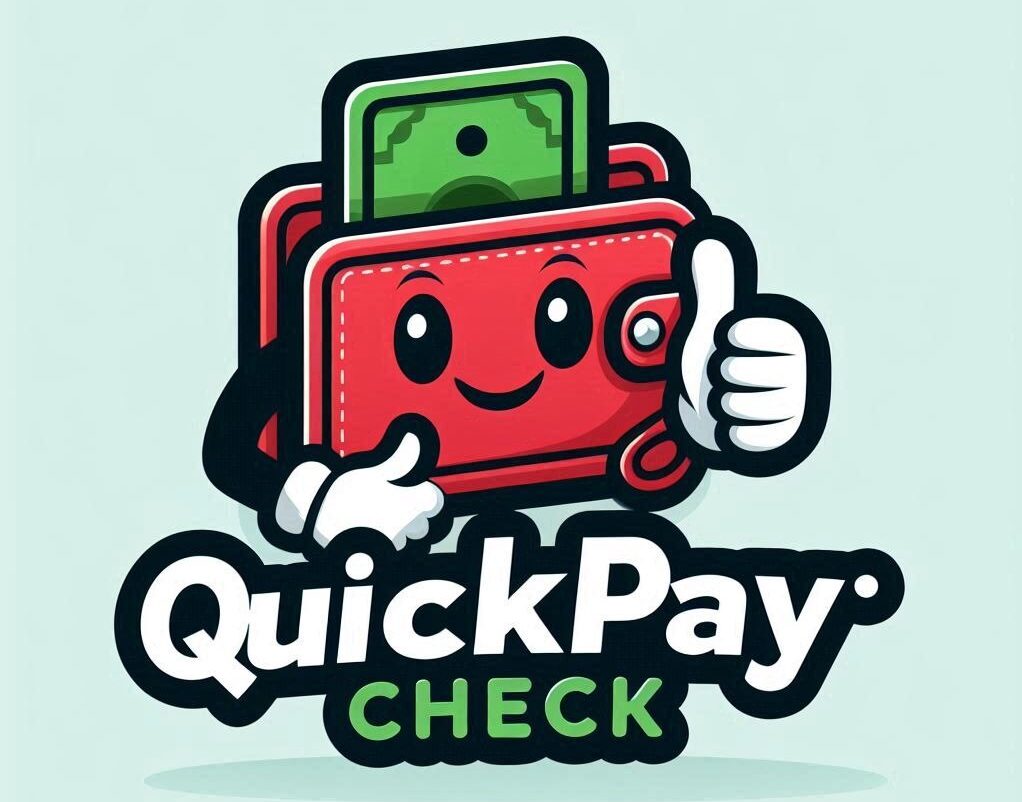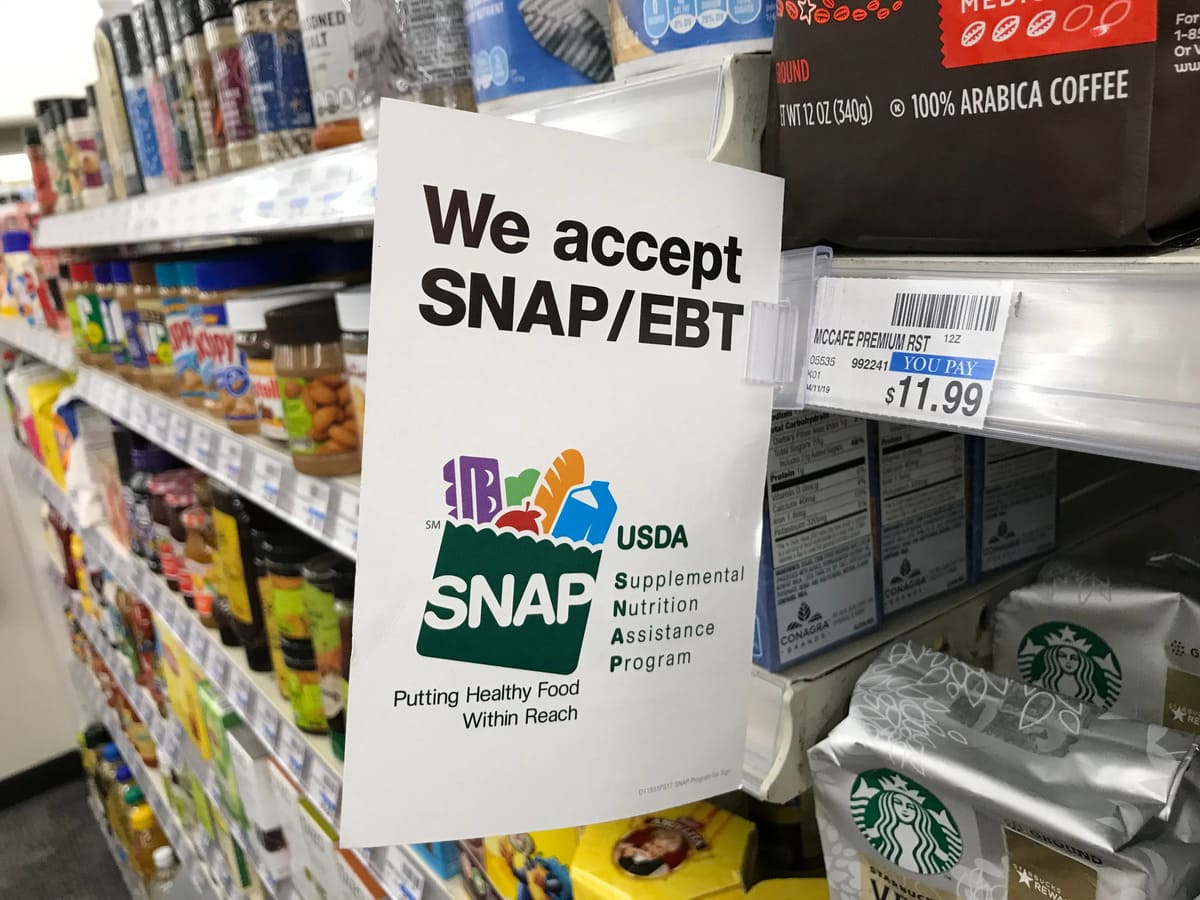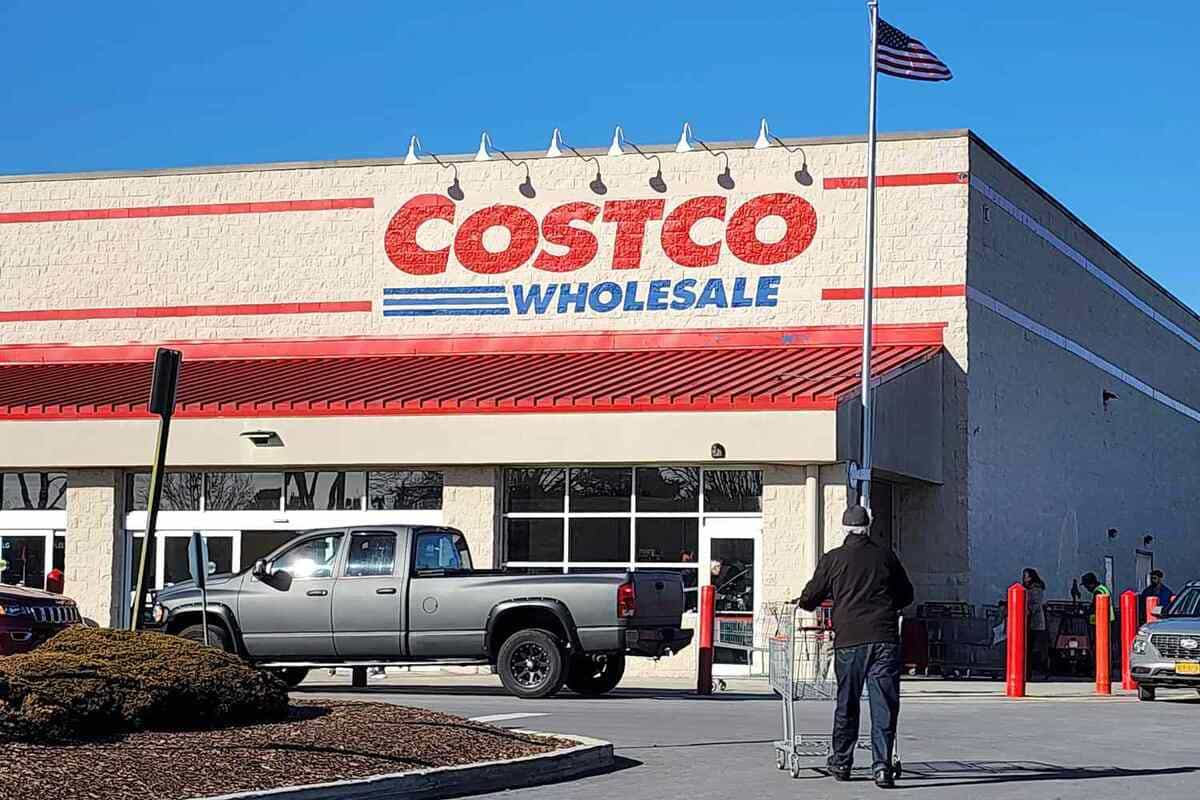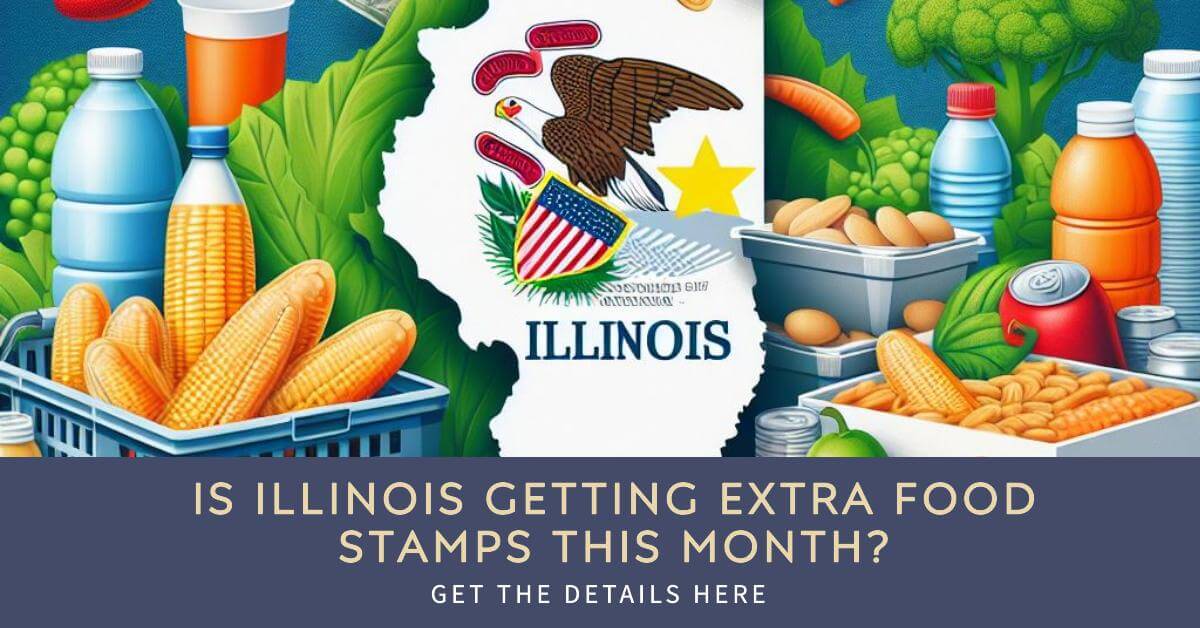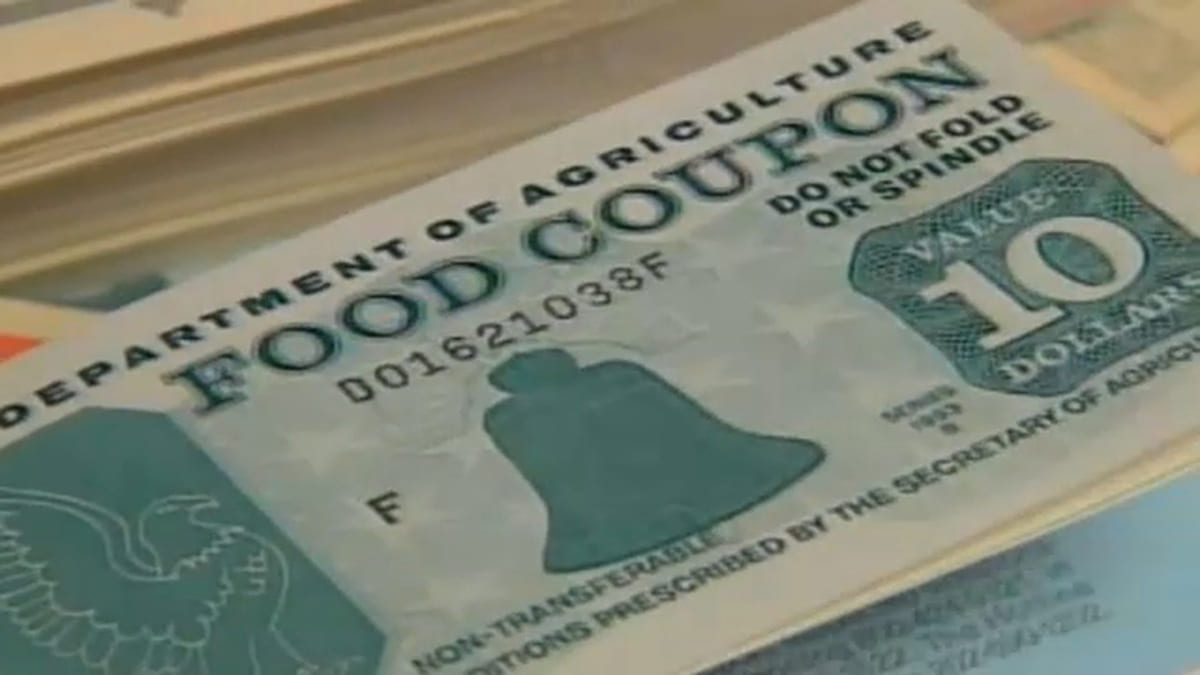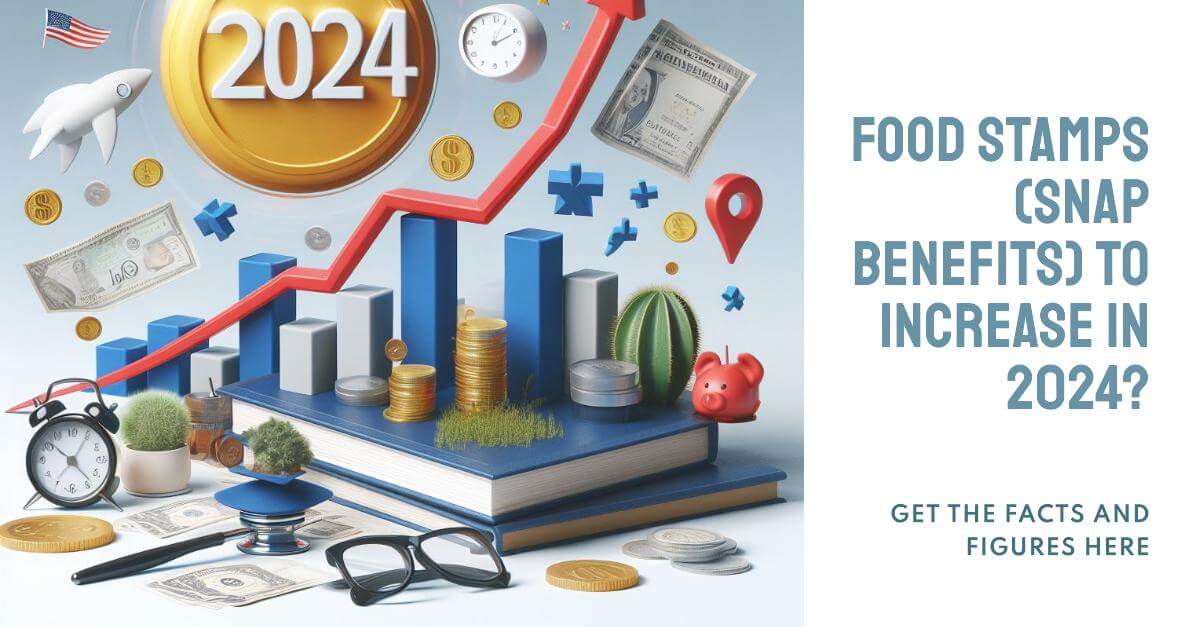Putting food on the table can be difficult for families struggling to make ends meet. Government food assistance programs exist to help, but complex eligibility rules leave many wondering: can immigrants without legal status get food stamps?
The short answer is no – with few exceptions, food stamps are only available to U.S. citizens and specific categories of lawfully present non-citizens. However, lots of confusion surrounds the details. Mixed immigration status households and immigrants who don’t have green cards or became permanent residents after 1996 face particular complications.
This definitive guide cuts through the complexity to bring clarity on SNAP eligibility for non-citizens. You’ll learn:
- The standard food stamp eligibility rules for immigrants
- Exceptions that allow certain lawfully present non-citizens to qualify
- Options for mixed status households with ineligible undocumented members
- How receiving benefits impacts citizenship applications
- Extra SNAP application requirements for those without social security numbers
- Additional food resources for immigrants who don’t qualify
Understanding the specifics equips you to make the best choices for your situation during difficult times. Let’s dive in.
Overview of Immigrant Eligibility Rules for SNAP
The Supplemental Nutrition Assistance Program (SNAP), formerly known as food stamps, aids low-income households by providing monthly benefits issued on Electronic Benefits Transfer (EBT) cards to buy eligible food items at participating retailers.
Administered nationally by the U.S. Department of Agriculture (USDA), SNAP served over 41.2 million Americans in 2022, playing a vital role in alleviating food insecurity and hunger.
Given SNAP’s importance as the country’s fundamental anti-hunger safety net, debates persist on whether immigrants – especially the undocumented – should qualify.
The rules explicitly state that only U.S. citizens and specific categories of lawfully present non-citizens may participate. Let’s unpack what that means:
U.S. Citizenship Requirement
U.S. citizens comprise one group eligible for SNAP provided they meet all other program requirements regarding household income, resources, residing in the U.S., etc. Naturalized citizens clearly qualify, while questions occasionally arise regarding eligibility for U.S. nationals and American Indians born in Canada.
The bottom line – anyone holding U.S. citizenship status in one form or another may apply for food stamps, including naturalized citizens or nationals, American Indians registered under the Indian Citizenship Act, and other special cases.
Lawfully Present Non-Citizen Requirement
For non-U.S. citizens, possessing lawful immigration status constitutes the basic prerequisite. Key categories include:
Lawful Permanent Residents (LPRs): Often referred to as green card holders. LPRs may be eligible for SNAP once meeting residency and other requirements.
Refugees & Asylees: Those granted refuge or asylum protection in the U.S., including survivors of human trafficking.
Other Humanitarian Statuses: Certain Amerasian, Cuban/Haitian, Iraqi and Afghan arrivals.
We’ll explore nuances around these and a few additional immigration classifications later. The fundamental thing to grasp is that SNAP strictly requires lawful presence for non-citizen applicants.
Are Groups Like Green Card Holders and DACA Recipients Eligible for SNAP?
Not all immigrants qualify for food stamps, not even those legally residing in the country with work permits or temporary protected status.
Let’s clarify eligibility for some common immigration categories beyond lawful permanent residents:
Green Card Holders
Lawful permanent residents (LPRs) who’ve lived in the U.S. under formal permanent resident status for five or more years can receive SNAP benefits.
Those admitted more recently may also qualify if they:
- Possess 40+ work credits
- Are actively serving in U.S. military or are veterans/immediate family members
- Were born before 8/22/1931 and resided in the country continuously since 8/22/1996
- Receive government disability payments
- Are under age 18
So most longer-term LPRs do meet food stamp eligibility provided their household finances also fall under SNAP income thresholds – 130% of the Federal Poverty Level for gross monthly income, typically under $2,597 for one person or $5,356 for a family of four.
SNAP policy mandates additional deeming of sponsor incomes for some immigrants during the first five years, which can result in denial even if household income seems otherwise eligible.
DACA Recipients
Those granted Deferred Action for Childhood Arrivals (DACA) protection do not normally qualify for SNAP benefits under current eligibility laws.
DACA recipients have temporary legal presence and work authorization in the U.S. but are not formally considered “lawfully present” non-citizens meeting immigration restrictions for federal needs-based assistance.
Some states, such as California and Illinois, use state-only funding to offer food benefits to otherwise eligible individuals regardless of immigration status, including DACA holders. Elsewhere though, DACA recipients cannot directly get SNAP in most cases.
Temporary Protected Status Holders
Similarly, immigrants with Temporary Protected Status (TPS) or Deferred Enforced Departure (DED) – forms of humanitarian relief for those unable to safely return to home countries due to environmental disasters, armed conflict or extraordinary conditions – are ineligible for food stamps.
Despite lawful authorization allowing TPS/DED holders to temporarily live and work without removal fear, these do not confer formal immigration statuses conveying eligibility for federal public assistance programs like SNAP.
Can Mixed Status Households Get Food Stamps?
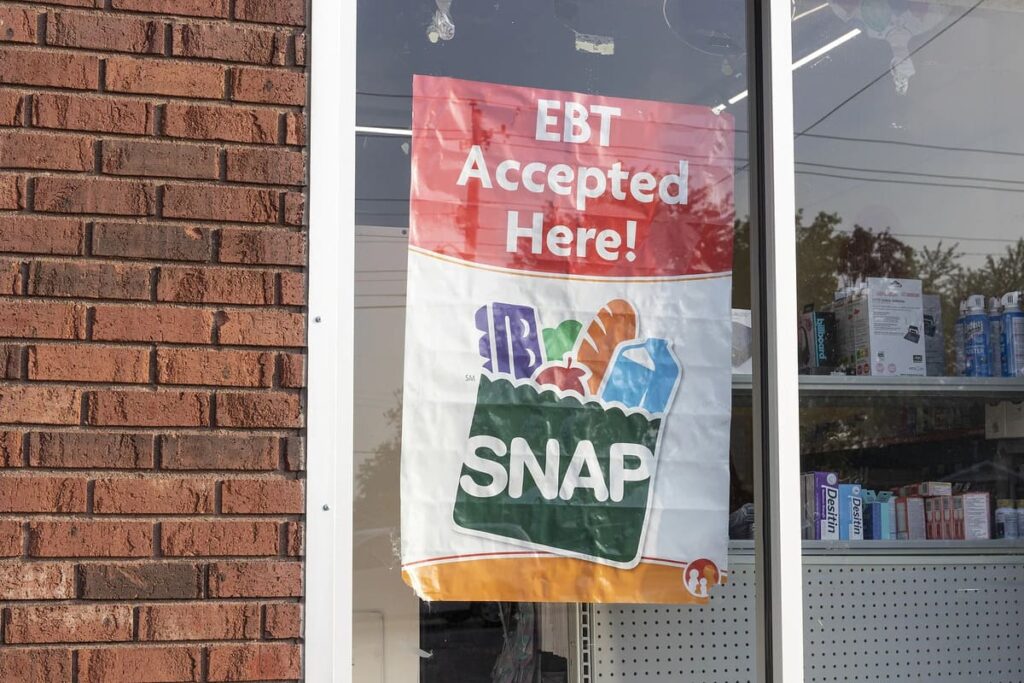
Mixed immigration status households contain family members bearing different legal statuses. For example:
- A home with citizen children but undocumented parents
- Legal permanent resident parents and children who are U.S.-born citizens
- Family members with assorted statuses like lawful permanent, refugee, or undocumented
These complex arrangements lead many to ask – if I’m undocumented but family members qualify, or vice versa, can we apply?
The answer is yes, you may still receive SNAP benefits for qualifying individuals in a mixed status household.
When applying, only members actually seeking assistance need to provide immigration documents and confirm lawful presence as per eligibility rules. Other members can be designated non-applicants.
For income thresholds assessing eligibility on a household basis, the SNAP agency only factors in finances of members included on the application. So a mix of eligible applicants and ineligible non-applicant undocumented relatives is permissible.
There are strict limitations though on confirming details for non-applicants – families cannot be required to provide social security numbers, immigration statuses or other information for members not seeking benefits.
Still, mixed immigration status SNAP applications bring added complexity, usually necessitating expert guidance to maneuver correctly. But for families with some citizens, refugees, or LPRs concurrent with relatives lacking lawful status, SNAP remains possible for the eligible.
Does Using SNAP Affect Immigration Status or Chances for a Green Card?
Among the most deep-rooted deterrents preventing eligible immigrants from seeking food aid is fear that receiving SNAP will block future citizenship or even lead to deportation.
Unequivocally, this is false. Participating in SNAP does NOT negatively impact immigration applications. Let’s debunk key aspects of this myth:
No Effect on Lawful Permanent Residence/Green Card Approvals
The prevailing public charge inadmissibility rule excludes SNAP and other non-cash benefits from consideration when evaluating green card petitions.
U.S. Citizenship and Immigration Services (USCIS) officials assess factors like income, health, education, skills, etc. – not past or current participation in SNAP, WIC, school meals, and other food assistance programs.
So immigrants using SNAP face no added barriers to successfully adjusting status from temporary visas, asylum/refugee statuses, etc. into full lawful permanent resident standing.
No Link to Undocumented Immigration Enforcement
While the presence of mixed status families with members lacking documentation provokes deportation fears when engaging public services, USCIS regulations explicitly exempt information submitted for SNAP applications from immigration enforcement purview.
Harsh enforcement actions against immigrant families based on attempts to feed their households have long-lasting societal impacts. Fortunately, recent policy statements reinforce protections, stating “DHS should not target benefits applicants or recipients to enforce immigration laws.“
Barriers remain as large eligible immigrant populations eschew applying due to entrenched residuum of enforcement anxiety, but firm legal firewalls between immigration authorities and food assistance seekers uphold non-citizen families’ civil rights amid essential human needs.
Naturalization Also Unaffected
After acquiring a green card through permanent residency, immigrants meeting residency term requirements – typically 3 or 5 continuous years – may submit U.S. citizenship applications to naturalize by taking the civics test and oath swearing allegiance.
Since SNAP bears no implications on current or prior immigration status, naturalization prospects also see zero SNAP influence. Receiving food benefits while building a new life positively fosters community health, enriching naturalization’s meaning versus impeding dreams.
Apprehensions persist among vulnerable eligible populations, preventing many qualifying households from securing adequate nutrition under misguided perceptions of immigration consequences.
Hopefully sweeping reinforcements from federal authorities adequately propagate the factual separation between food access and immigration standing for rightful non-citizens to confidently supplement vital household budgets through SNAP’s proven anti-poverty impacts without fearing status repercussions.
What Other Food Assistance Options Exist for Immigrants?
Given federal rules reserving SNAP for only specific groups of immigrant community members amid continuing high needs, alternate resources partially filling gaps provide essential lifelines.
If you fall into categories precluded from food stamps like undocumented, PRUCOL, or status with presence lacking “formal” definitions conveying SNAP eligibility, supplemental nutrition help remains obtainable through:
Food Banks & Community Meal Services
Charity food networks like food banks, pantries and soup kitchens unite emergency food relief efforts assisting people independent of legal standing. These services distribute groceries, prepared meals, and other donations to alleviate urgent community nourishment requirements.
Finding nearby options at sites like AmpleHarvest.org and FoodFinder.us can help immigrants, refugees, asylees and all people boost household food security.
Special Supplemental Food Programs
Resources like WIC and school meals increasingly integrate immigrant family assistance. For example:
- The WIC nutrition program delivers vital nourishment for pregnant/postpartum caregivers and children under 5 in immigrant households. Many states now accept certain non-citizen statuses.
- School meal programs supply free and reduced-price breakfast/lunch to students meeting national income thresholds for assistance regardless of immigration status.
Check if you qualify through inclusive benefit screenings. These programs carry fewer restrictions beyond urgent care for mothers and children.
Targeted State Support
A growing number of progressive states recognize coverage gaps in federal food benefits that detrimentally impact child poverty rates among non-citizens.
California, Illinois, Maine, Minnesota, and Washington extend alternate food help to many immigrants ineligible federally using state funding allocation, while New York City and other municipalities arrange local hunger initiatives.
Check if your state or county provides comparable assistance channels. State definitions of eligibility differ, so connect to local services to evaluate options.
For excluded immigrant groups facing food hardship, alternate charitable and supplemental nutrition sources form essential lifelines helping families survive.
Additional Eligibility Factors Beyond Immigration Status
We’ve surveyed various immigration status intricacies governing the baseline SNAP immigrant eligibility checklist.
However, meeting authorized non-citizen prerequisites alone doesn’t automatically confer program inclusion. Additional rules apply meaning some immigrants still don’t qualify for food stamps even with correct status.
Among common reasons eligible-seeming immigrants might still get denied SNAP:
Income Too High
To receive benefits, applicant household income must fall under prescribed SNAP gross and net income limits related to the Federal Poverty Level ($1,235/month for one person households, $3,019/month for a family of four in 2024).
Immigrants with higher earning power exceeding thresholds don’t qualify financially – although income fluctuations may enable later eligibility if earnings decrease significantly.
Asset Limits Exceeded
Eligibility formulas account for cash resources and valuables beyond income, disallowing applicants exceeding $3,750 in countable assets ($5,950 for those over 60).
Savings for emergency use, retirement, or big upcoming purchases must stay lower for SNAP participation.
Child Support Payments Delinquent
Major cash welfare reforms instituted mandatory SNAP disqualifications for any custodial parent or caretaker failing to cooperate with state requirements to pursue child support payments.
Fleeing Felons & Probation Violations
Those fleeing to evade prosecution/custody for felonies or violating conditions of probation/parole cannot receive SNAP benefits.
College Students Lacking Work/Dependent Status
Student eligibility restrictions mean full-time higher education enrollees need additional qualifications like work arrangements or child dependents in their care. International students on certain work-restricted visas have added considerations.
And more – confirming technical eligibility given an applicant’s immigration status represents merely the beginning, not an instant award guarantee. Like all prospective participants, immigrants must then validate meeting all standard SNAP qualifications beyond immigration status before acceptance.
What is Included in the Application Process for Food Stamps?
Preparing food stamp applications including immigration components introduces procedural intricacies – from documenting status to managing language barriers and apprehensions over sharing personal data.
Here’s what to expect with an immigrant SNAP application:
Verifying Immigration Status
Non-citizens must provide qualifying immigration documents like green cards, I-94 arrival forms, asylum decision letters, etc. depending on status type. Agencies electronically validate details through DHS. Applicants lacking immediate access to papers may arrange alternative options pending retrieval.
Language Assistance Accessibility
SNAP agencies provide free language services including interpreters, translated program materials and benefit access tools for limited-English applicants.
Protecting Household Privacy
Only members actually seeking benefits need to provide a social security number and immigration details. Other household members can be designated non-applicants excluded from status scrutiny.
Sponsor Liabilities
Sponsor deeming may require affidavits of support assessing mandatory income attributions. Exemptions apply for indigence/abuse victims, or following status changes releasing sponsorship terms.
Interview Scheduling
Many states initiate telephonic or in-person interviews for new SNAP participants to establish eligibility factors. These now accommodate COVID-19 safety needs upon request.
Despite unavoidable hurdles introduced through immigration procedures, states make concerted efforts ensuring eligible families access nutrition benefits with dignity. Reach out early when preparing applications to maximize chances conferring aid without undue worries.
Can Immigrants Apply for SNAP Benefits Without a Social Security Number?
Among questions that frequently arise – if undocumented or waiting on immigration paperwork, how do we apply since we lack social security numbers (SSNs)?
Fortunately, options exist. The key considerations around SNAP applications without an SSN are:
Only SNAP Applicants Require SSNs – For multi-person households, non-applicants don’t need SSNs. Mixed status families can thus still often qualify members with eligibility plus immigration documents.
Alternate ID Numbers – Many states assign unique identifiers allowing eligible immigrants to proceed through application processing and participate in SNAP once approved.
Delayed Proof – Applicants awaiting replacement immigration documents may provide temporary substitutes initially while retrieving permanent status certificates through immigration channels.
So immigrant families need not let missing or misplaced papers deter seeking food benefits for eligible members. Connect with SNAP facilitation groups like food bank workers to navigate individual household scenarios for maximizing nutrition access.
Final Thoughts on SNAP Assistance for Immigrants
Determining whether immigrants qualify for critical federal food aid is complicated. Hopefully this guide provides clarity regarding SNAP eligibility considerations for non-citizen households.
Key takeaways include:
- Undocumented Immigrants Don’t Qualify – With few state-level exceptions, you must have lawful status.
- Many Lawful Immigrants Do Qualify – Green card holders, refugees, etc. may meet eligibility requirements.
- Mixed Status Households – Approved members can get benefits, even if relatives have ineligible statuses.
- No Immigration Status Impact – SNAP participation will not endanger immigration processes or citizenship.
- Additional Requirements Apply – Immigration status alone doesn’t guarantee SNAP acceptance.
- Language Help Available – SNAP programs assist non-native English speakers with aid applications.
While complex in practice, hope remains for eligible immigrants to feed their families without fear during trying times by understanding specifics unlocking access to the essential nutrition sustenance SNAP reliably offers 41 million fellow Americans through compassionate food justice.
